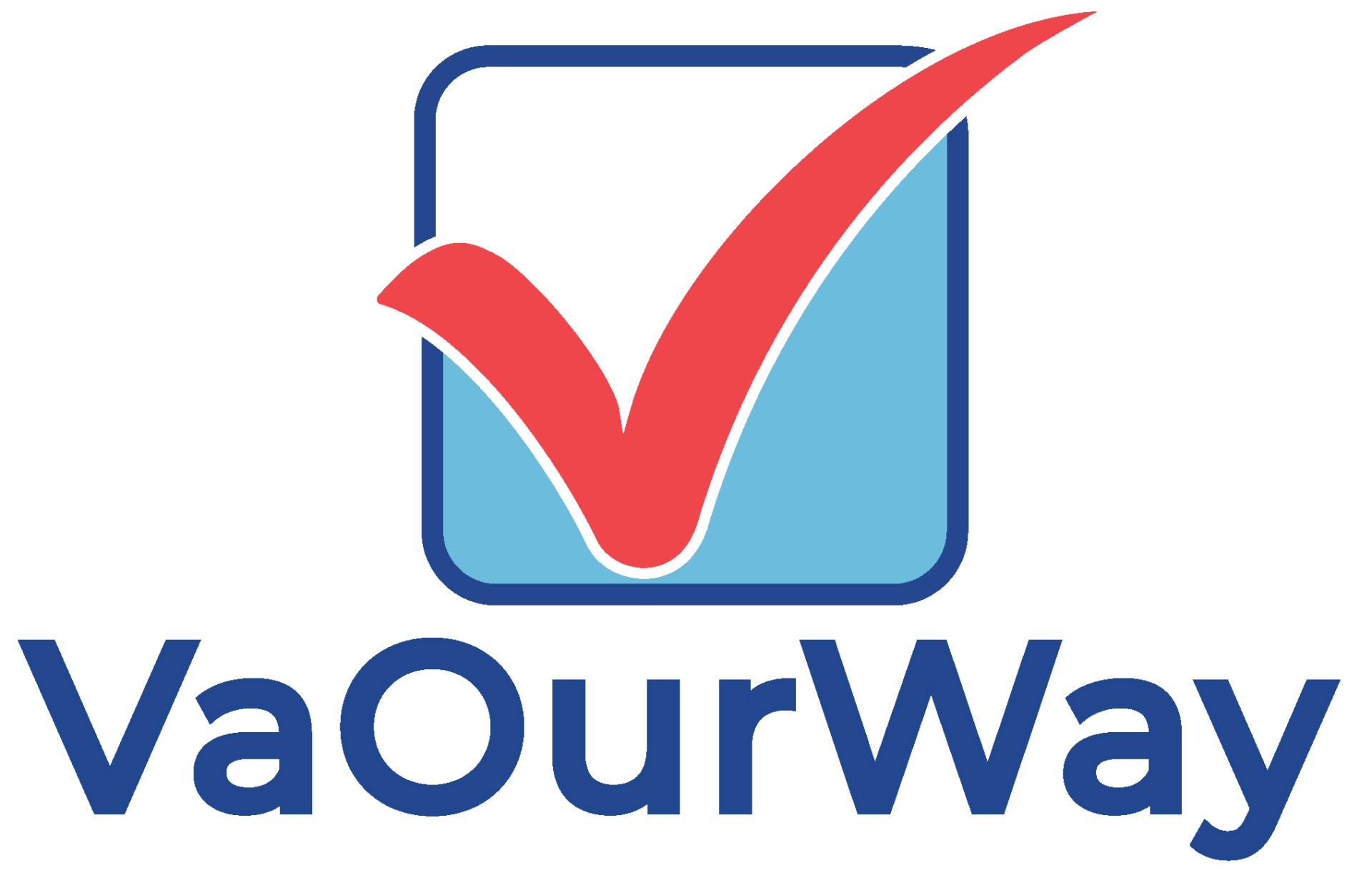Virginia Places No Limits On Campaign Contributions
This is part two of a series on the state of campaign finance law in Virginia. Two weeks ago, we covered the personal use of campaign funds, which is currently completely legal in Virginia for state candidates and officeholders. This week, VaOurWay is looking at campaign contribution limits. Unlike other states, Virginia doesn’t have any laws restricting how much an individual or group can contribute to candidates. Stay tuned for more information on how Virginia can improve campaign finance law to build a more accountable state government.
Just as the personal use of campaign funds is permitted in Virginia, the state’s campaign finance laws allow for similarly relaxed regulations regarding how much money can be contributed to candidates. In fact, there are no limits to the amount an individual or a group can contribute to campaigns for state office in Virginia. This makes Virginia an outlier; at least 40 states place limits on how much an individual or group can contribute to a campaign, and the Federal Election Commission also limits contributions to candidates for federal office.
“Virginia’s campaign finance system is a boondoggle that alienates its citizens and makes them lose faith in government,” Governor Ralph Northam, then a candidate for governor, said in 2017. “Virginians across every part of the political spectrum want a system that is more responsive to the people, and less reliant on big checks from a few donors.”
Virginia’s 2017 gubernatorial election, which sent Northam to the Executive Mansion, provides a useful portrait of how campaign finance works in Virginia. During that election cycle, candidates for governor spent a total of $66 million, 66% of which came from contributions larger than $25,000. That’s $43,423,674 coming in from donations that would be illegal for individuals to make in most states and at the federal level. In comparison, just 5% of the $66M spent in 2017 came from contributions totaling $100 or less.
Whereas major donors poured in over $43 million into the race for the governorship, small donors were able to contribute just over $3 million.
This massive disparity in campaign contributions means that having more money can buy an outsize influence over an election. And rather than remaining beholden to the interests of their constituents, a candidate who has received a large contribution may become more susceptible to acting in the interests of their biggest donors once elected. While governing in the interest of donors may help secure funding for the next campaign, unlimited campaign contributions drown out the interests of those who can’t spend a fortune donating to their preferred candidate.
Opponents to the idea of limiting campaign contributions argue that the ability to contribute to candidates is a free speech issue, and that limiting contributions is akin to limiting speech. But this could mean that the speech of some is more valuable than others; more money means a more prominent voice. In 1976, the Supreme Court ruled in Buckley v. Valeo that the practice limiting campaign contributions is constitutional, as doing so bolsters the “integrity of our system of representative democracy.” Limiting campaign contributions in Virginia would do just that, leveling the playing field and helping to ensure that the biggest spenders aren’t the dominating voice at the table.
The General Assembly has attempted to limit campaign contributions time and time again to no avail. During the most recent session, a bill that would have limited individual contributions to candidates for state office to $20,000 per election cycle failed to make it through the Senate Privileges and Elections committee. Members from both parties voted to kill the legislation. The bill would have imposed a fine up to two times the amount of the excess contribution on violators.
Despite numerous attempts for reform, there are still no limits to campaign contributions in Virginia. The General Assembly should finally take action to limit campaign contributions; doing so would give all Virginians an equal voice in the election process and help keep elected officials accountable to their constituents rather than top donors.





